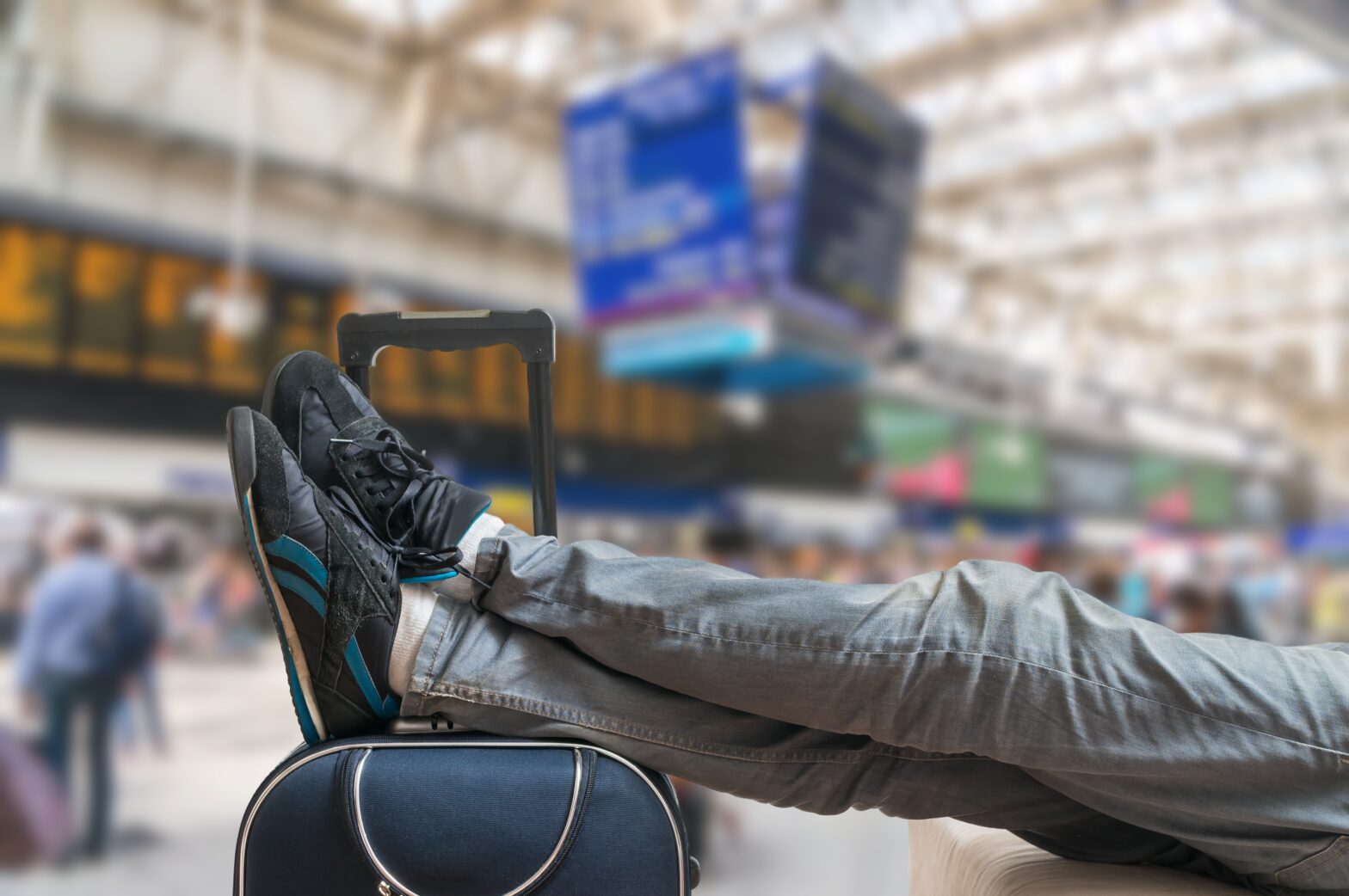Johnny is travelling back to London from a business meeting in Bristol and the train is delayed by 45 minutes. This means that he’ll have to cancel his next meeting, he’ll be late to pick up his three year old daughter from the child minder and miss his dinner date. Travel delays disrupting both the business and the individual – it’s a familiar story, right? But, the question is, if Johnny claims compensation for the delay, will he pocket the refund, even though he charged the company for his original ticket?
The UK government has announced plans to enable rail passengers to claim compensation if their train is delayed by 15 minutes or more. So, what is the cost to small businesses of staff pocketing this compensation, along with potentially missing key appointments, essential meetings, and urgent deadlines?
Closing the leakage loop
For small businesses the cumulative impact on productivity, missed deadlines and delayed meetings is the intangible damage. Anecdotes about lost business are easily found, but the true cost to small businesses of these lost hours in stations and terminals is incalculable. But, how do small businesses ensure they recoup some monetary compensation for these delays when the employee will most likely get the refund back into their personal bank account?
The point here is not whether reclaiming a £12 Travelcard, or a £230 inter-city peak return, or even a £5,000 season ticket, will ever compensate your business for missed deals and lost productivity. It won’t. But, take care of the pennies, and the pounds will take care of themselves. It’s time small businesses take the matter in hand. A good start is to ensure that there is a policy on delayed travel compensation that all employees are aware of.
Johnny, for instance, may argue that it’s his own life that has been disrupted by the delay and he deserves the money. The company may say that they paid initially, so the cash is theirs. We have to remember as well that for some employees travel for work is actually seen as exciting and interesting – many people value being able to personally benefit from work travel e.g. tying up a visit to see a friend when on a work trip or sharing travel reward points earned through business travel for personal use. Engaging employees in the development of the policy may be just the ticket to ensuring that the policy is fair and transparent.
Ensuring refunds are processed
Once the policy is in place and explained to employees, the hardest challenge for small businesses is to ensure that claims are made and the policy is enforced. Depending on who booked the travel, the onus really is on the individual to claim the money back, especially if you are operating with a lean head count.
To make it as easy as possible, small business owners should offer step by step instructions and encourage employees to claim within 48 hours of the delay. It might also be beneficial to offer an incentive to completing and submitting the necessary paperwork, such as sharing the refund with the employee.
Whether the company policy is to claim back 100 per cent of the delay or divide the refund between company and employee, or a mixture of the two, small businesses must ensure that the process is clear.
Raising awareness about delayed compensation
Despite government and transport organisations, such as the Office of Rail and Road, continuing to invest in raising awareness about the process of reclaiming funds for delayed travel, two thirds of eligible compensation claims are still not being made. A Transport Focus survey found 57 per cent of passengers either don’t know they could claim (23 per cent), or haven’t thought about doing so (34 per cent). The number of passengers claiming compensation stands at about 35 per cent, according to the Rail Delivery Group.
There’s also a misconception that the process is manual and arduous. Previously passengers did have to post back various forms and tickets, and could only received back payments as travel vouchers. Digital technology has made the whole process frighteningly simple. Smartphone cameras and digital forms make it easy to submit claims online, and payments are now issued directly to the account where the tickets were purchased from.
As much as delays are endlessly frustrating, UK consumers generally understand when problems are out of an operator’s control. However, the key to appeasing the stress of the commuter is to ensure it’s incredibly easy to claim; automating systems and making customer communication as efficient as possible – all backed by human support where needed.
Placing the user at the heart of the claiming compensation process, and the company travel policy, will ensure that valid claims are made and customer satisfaction in rail travel increases.
Small businesses must take heed of this new technology available, because even if it can’t ever pay back the full value of delays on public transport, it can go in some way to compensate the business and the employee for the more intangible results of the delays. This will have an impact on the perception and use of railways and other forms of transport.
Dr. Steve Cassidy is managing director, Viaqqio, part of ESP Group.





